Digital Xtra Fund delivers 26 grant awards totalling £110k to local tech and coding clubs for young people across Scotland
![]()
Digital Xtra Fund will be awarding 26 grants totalling £110,000 to local tech and coding clubs across Scotland this year. The grants span 18 local authorities, with an outreach of approximately 3,000 children and young people.
Kraig Brown, Digital Xtra Fund’s Partnership and Development Manager said: “We received 143 applications this year, compared to 94 last year and around 60 per year before Covid. This clearly shows an increasing determination to positively engage young people with tech both in and out of the classroom. We also saw a higher percentage of applications for local, community-based tech and coding clubs as opposed to larger events. These clubs usually run for 6-8 weeks multiple times a year, allowing educators to create a more enriching and impactful experience for learners. This year’s initiatives are also, once again, planning to engage a higher percentage of girls than boys. This is incredible and shows the value of extracurricular activities like these.”
This year’s grants include the ‘NextGen Coding Club’ by the Association for Black and Minority Ethnic Engineers in Aberdeen, ‘Roving Robots’ by Comhairle nan Eilean Siar in the Western Isles, an all-girls’ ‘DigiSTEM Club’ in East Renfrewshire, the ‘Hillhead Digi Den and Technology Playground’ by Hillhead Primary School in Glasgow, ‘Tech Sheds’ at three libraries in Midlothian, and the ‘St Andrews RC Primary Coding and Robotics Club’ in Dundee.
 This marks the eighth cohort of tech initiatives since Digital Xtra Fund was launched in 2016. The charity supports extracurricular activities at the primary and secondary school stage to drive digital skills and has secured nearly £1 million for tech clubs and initiatives around the country since its inception.
This marks the eighth cohort of tech initiatives since Digital Xtra Fund was launched in 2016. The charity supports extracurricular activities at the primary and secondary school stage to drive digital skills and has secured nearly £1 million for tech clubs and initiatives around the country since its inception.
The Benzies Foundation and Outplay Entertainment are two new backers for 2023/24, joining a list that includes Baillie Gifford, CGI, Chroma Ventures, and J.P. Morgan as well as Accenture, Cirrus Logic, Incremental Group, ScotlandIS, and Skyscanner. The Scottish Government will once again contribute £100,000 to the Fund in 2023/24, including matching industry support.
A spokesperson for Outplay Entertainment said: “The Outplay Academy is thrilled to partner with Digital Xtra Fund in supporting local tech and coding clubs for young people across Scotland. Our commitment to fostering creativity, innovation, and inclusion aligns perfectly with the values of the Outplay Academy and the mission of Digital Xtra Fund. Together, we look forward to empowering the next generation of digital leaders and inspiring them to reach new heights in the world of technology.”

Digital Xtra Fund will also soon launch Code Like Kids, a new learning and development opportunity aimed at industry and corporate executives. “We see companies become more connected to supported projects after active participation”, Kraig Brown explains, “however, we also received feedback that while they were keen to engage with young people, staff were anxious doing so being unfamiliar with tools such as block coding or the kit found in many clubs, so we created Code Like Kids. Then we realised it was also a fantastic team building and learning opportunity for all companies.” Participants will get hands-on with popular devices such as micro:bits, Sphero indis, LEGO SPIKE Prime, or Marty the Robot while also building skills such as teamwork, creativity, and problem solving.
Brown added: “Companies will be able to book a Code Like Kids session with a donation to the Fund meaning not only will they be giving their staff a fun and unique experience, but they will also be enabling more tech activities for young people across Scotland. It’s a win-win.”
(Headline image from recent Insp-Hire event by SmartSTEMs and Nine Twenty. Photographer: Malcolm Cochrane)

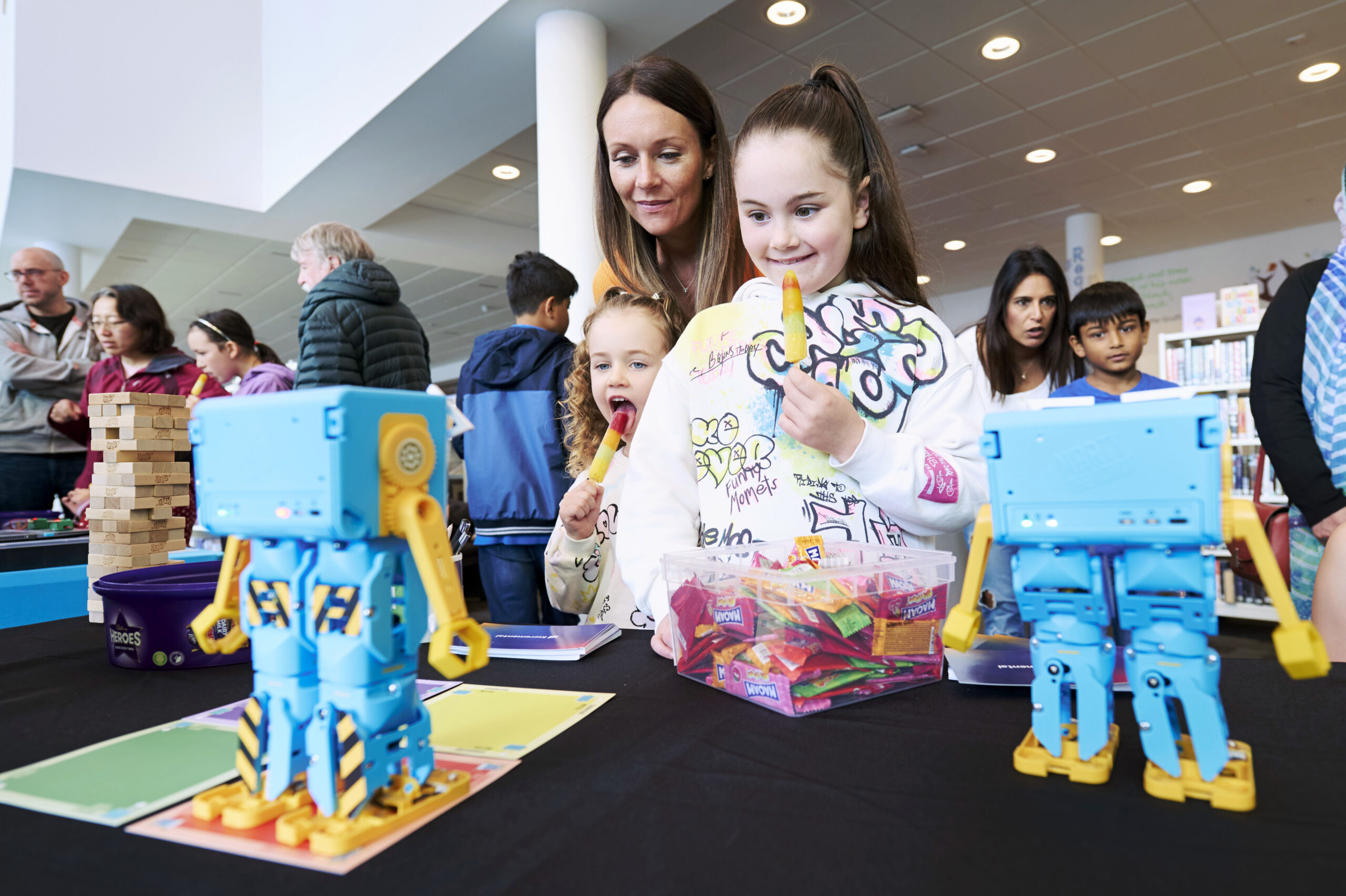
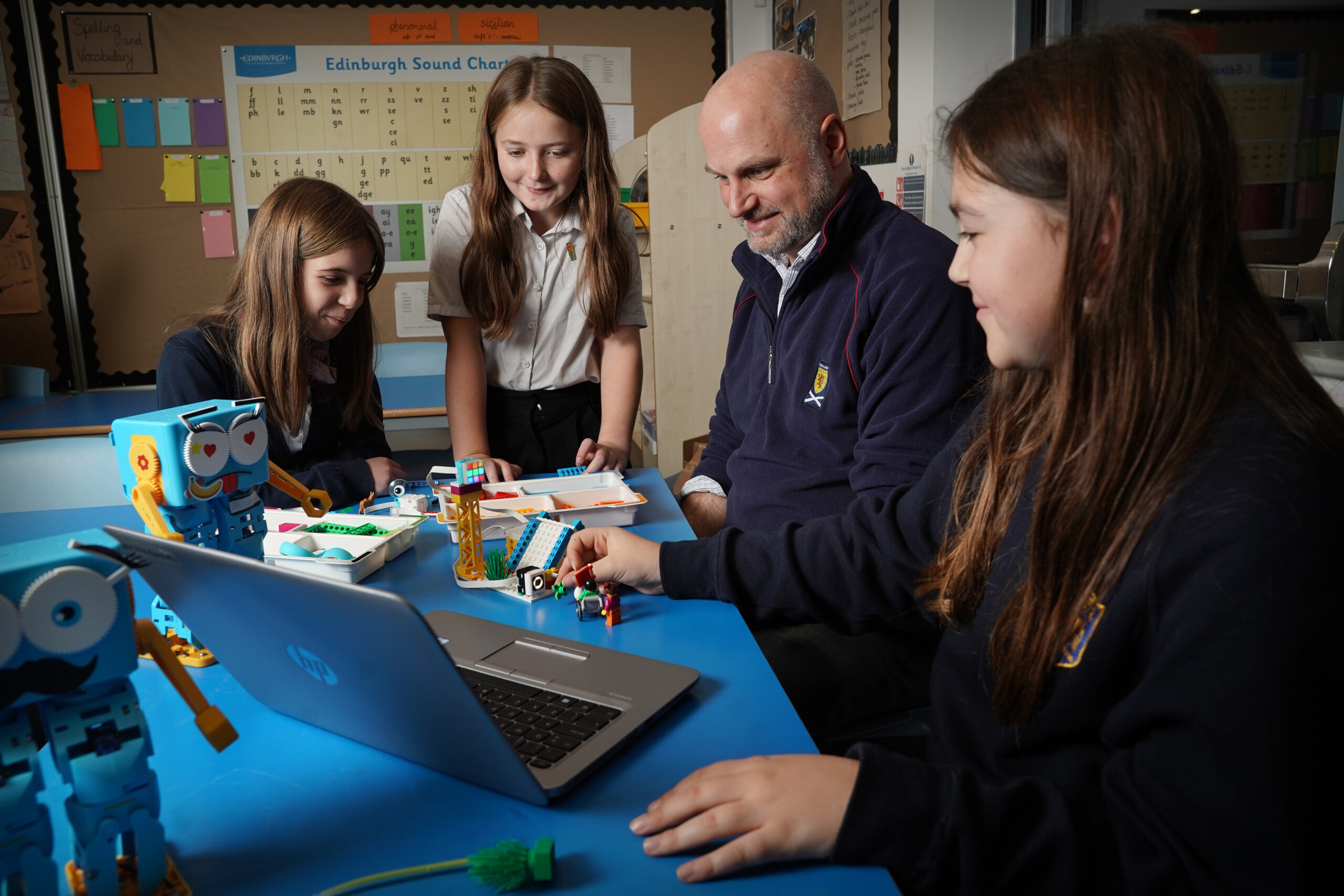
 Digital Xtra Fund is currently in negotiations with several companies to increase the level of funding awarded before successful applications are finalised in May, but the economic downturn has put a strain on all charities. Kraig Brown added: “We are looking for more partners, primarily from the corporate sector, so we’d love to speak to as many people as we can in the coming months. The match funding from the Scottish Government means all support will make a big difference.”
Digital Xtra Fund is currently in negotiations with several companies to increase the level of funding awarded before successful applications are finalised in May, but the economic downturn has put a strain on all charities. Kraig Brown added: “We are looking for more partners, primarily from the corporate sector, so we’d love to speak to as many people as we can in the coming months. The match funding from the Scottish Government means all support will make a big difference.” Digital Xtra Fund is
Digital Xtra Fund is 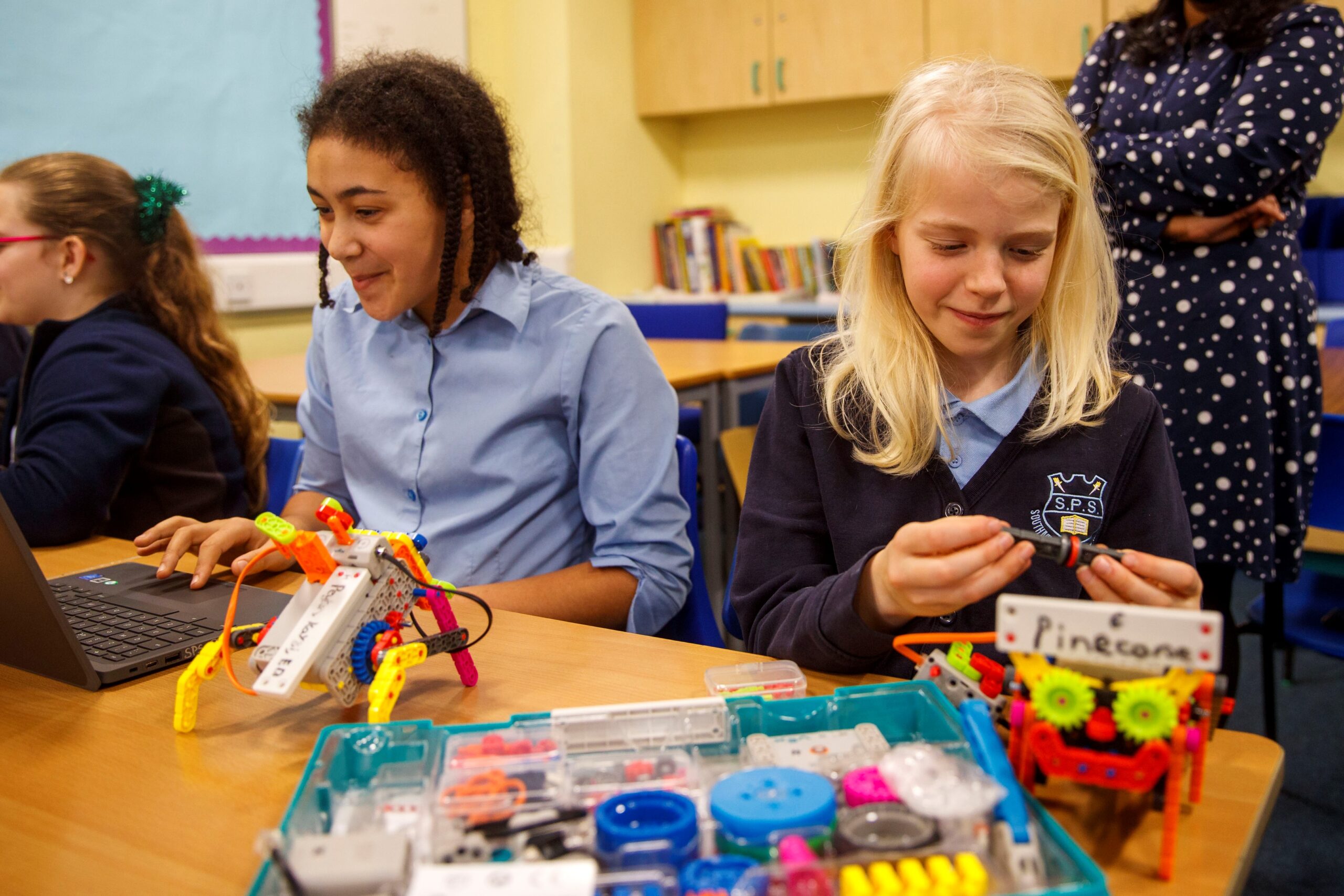
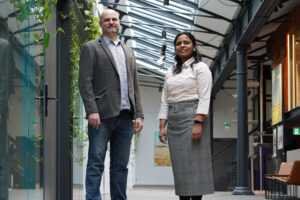 Kraig Brown, Digital Xtra Fund’s Partnerships and Development Manager, said: “We’re extremely pleased to be able to support many more initiatives this year, as well as a wider range of activities. This year’s applications show a renewed appetite for digital skills initiatives after a challenging couple years. We know we need to positively engage more of Scotland’s young people with digital tech to help them reach their potential in the future economy and an increasingly digital world, and extracurricular activities are the perfect medium to do this.”
Kraig Brown, Digital Xtra Fund’s Partnerships and Development Manager, said: “We’re extremely pleased to be able to support many more initiatives this year, as well as a wider range of activities. This year’s applications show a renewed appetite for digital skills initiatives after a challenging couple years. We know we need to positively engage more of Scotland’s young people with digital tech to help them reach their potential in the future economy and an increasingly digital world, and extracurricular activities are the perfect medium to do this.” Sam Pattman, Philanthropy Manager, Baillie Gifford said: “Baillie Gifford is very pleased to continue its support of Digital Xtra Fund. Through our business, we know the importance of digital skills and ensuring young people are prepared for what’s ahead of them. Extracurricular activities can reach and engage a wider range of young people, as demonstrated by the variety of grant recipients this year. We have always been impressed by the charity’s ambition and its reach across Scotland, and look forward to hearing more from the supported initiatives as the year moves forward.”
Sam Pattman, Philanthropy Manager, Baillie Gifford said: “Baillie Gifford is very pleased to continue its support of Digital Xtra Fund. Through our business, we know the importance of digital skills and ensuring young people are prepared for what’s ahead of them. Extracurricular activities can reach and engage a wider range of young people, as demonstrated by the variety of grant recipients this year. We have always been impressed by the charity’s ambition and its reach across Scotland, and look forward to hearing more from the supported initiatives as the year moves forward.”
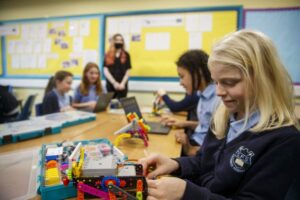


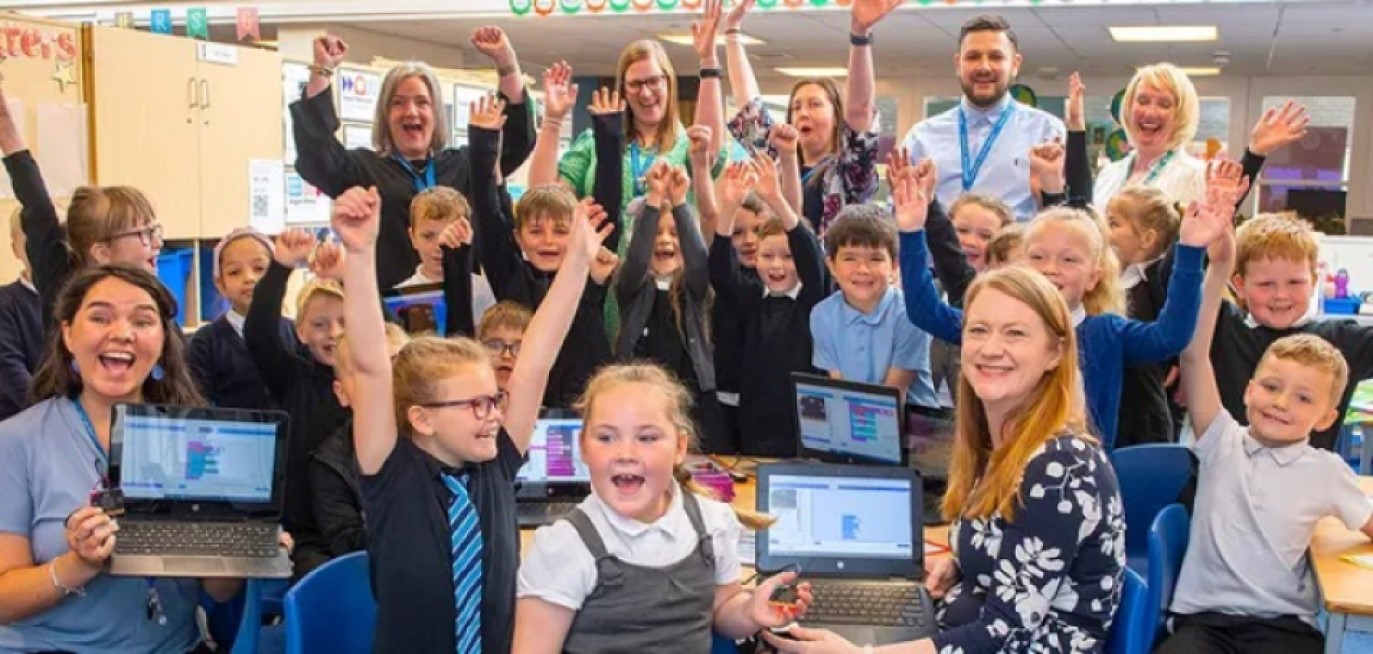
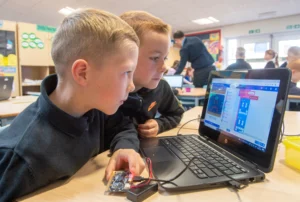 Delivered by education non-profit, The Micro:bit Educational Foundation, the micro:bits are pocket-size entry-level coding devices that offer children an enjoyable entry into coding and computing science. There are over six million devices already in use across the globe, including most UK secondary schools. In the coming weeks, all primary schools across Scotland will receive twenty devices alongside a host of new teaching resources tailored for primary school level in a world-leading investment from the Scottish Government to develop digital skills in even younger children.
Delivered by education non-profit, The Micro:bit Educational Foundation, the micro:bits are pocket-size entry-level coding devices that offer children an enjoyable entry into coding and computing science. There are over six million devices already in use across the globe, including most UK secondary schools. In the coming weeks, all primary schools across Scotland will receive twenty devices alongside a host of new teaching resources tailored for primary school level in a world-leading investment from the Scottish Government to develop digital skills in even younger children.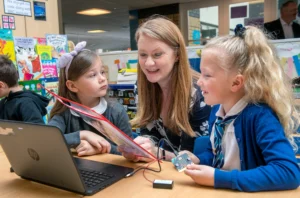 During her visit, Somerville saw the devices come to life in the hands of children aged between 6-8 in an exciting, interactive lesson around health and wellbeing. micro:bit ambassadors shared an insight into the wide range of capabilities the nifty devices offer, while teachers at the school explained first-hand how the new investment is helping integrate digital skills and computational thinking into lessons across the entire curriculum as part of the Scottish Government’s Scottish Technology Ecosystem Review programme.
During her visit, Somerville saw the devices come to life in the hands of children aged between 6-8 in an exciting, interactive lesson around health and wellbeing. micro:bit ambassadors shared an insight into the wide range of capabilities the nifty devices offer, while teachers at the school explained first-hand how the new investment is helping integrate digital skills and computational thinking into lessons across the entire curriculum as part of the Scottish Government’s Scottish Technology Ecosystem Review programme.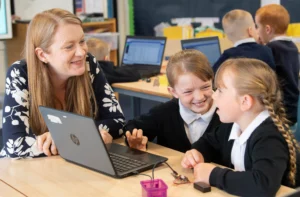 Shirley-Anne Somerville, Cabinet Secretary for Education and Skills, Scottish Government: “It has been inspiring to see first-hand how these devices can help to get children thinking creatively and to be enthused about technology. It’s an exciting prospect to imagine these scenes being replicated in schools all over Scotland in the coming weeks and months, and we’re proud to be leading the world in creating quality engagement in computing sciences among our young learners.”
Shirley-Anne Somerville, Cabinet Secretary for Education and Skills, Scottish Government: “It has been inspiring to see first-hand how these devices can help to get children thinking creatively and to be enthused about technology. It’s an exciting prospect to imagine these scenes being replicated in schools all over Scotland in the coming weeks and months, and we’re proud to be leading the world in creating quality engagement in computing sciences among our young learners.”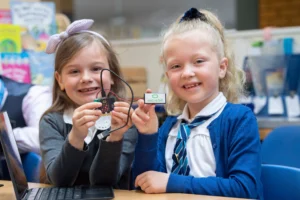

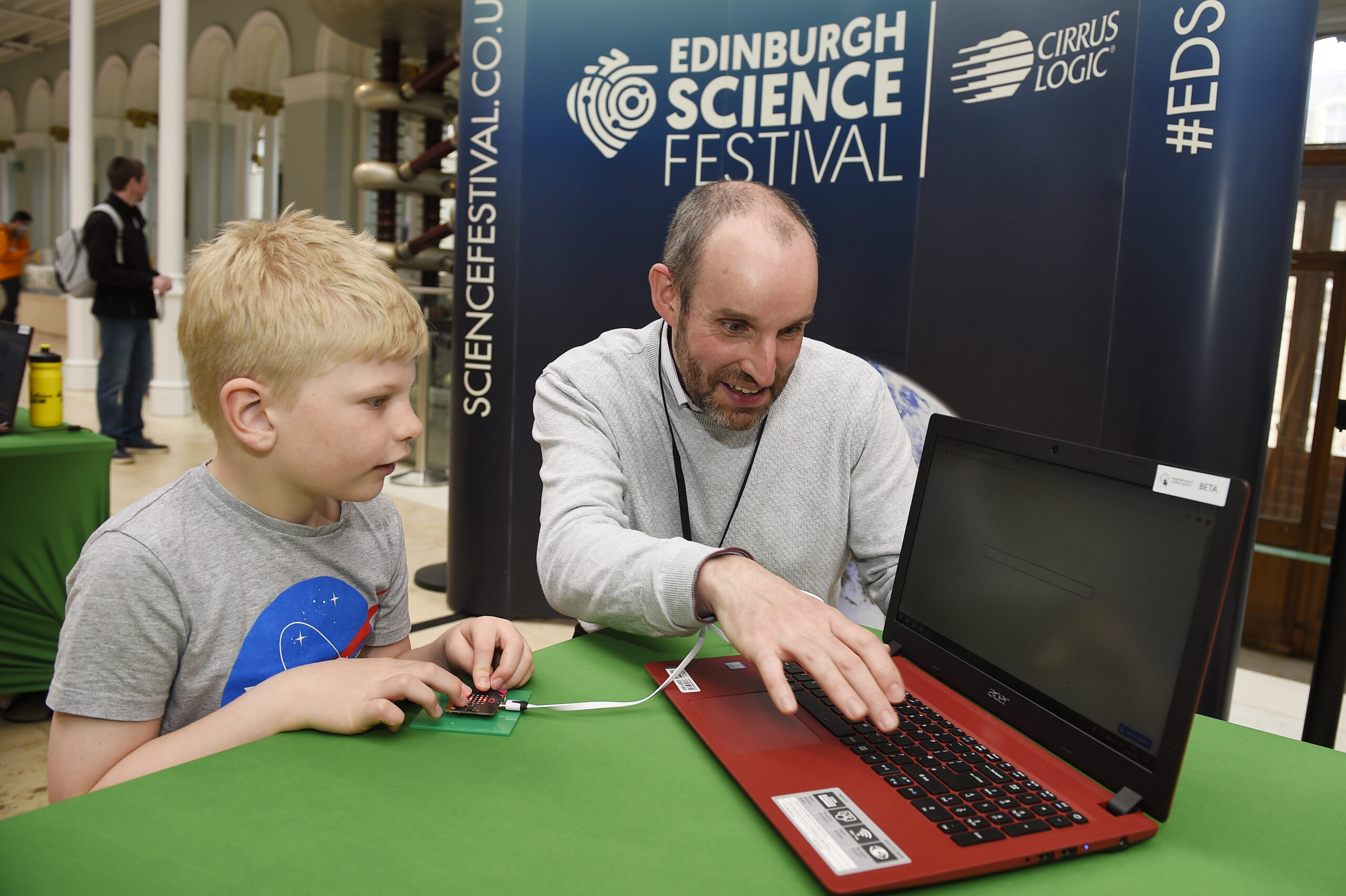

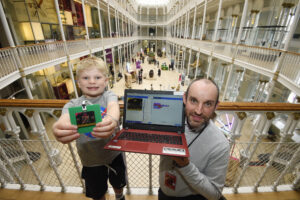
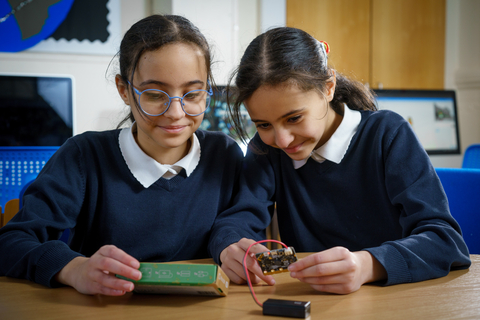
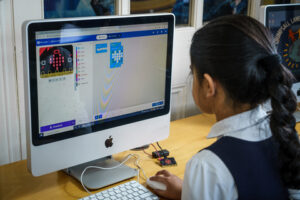

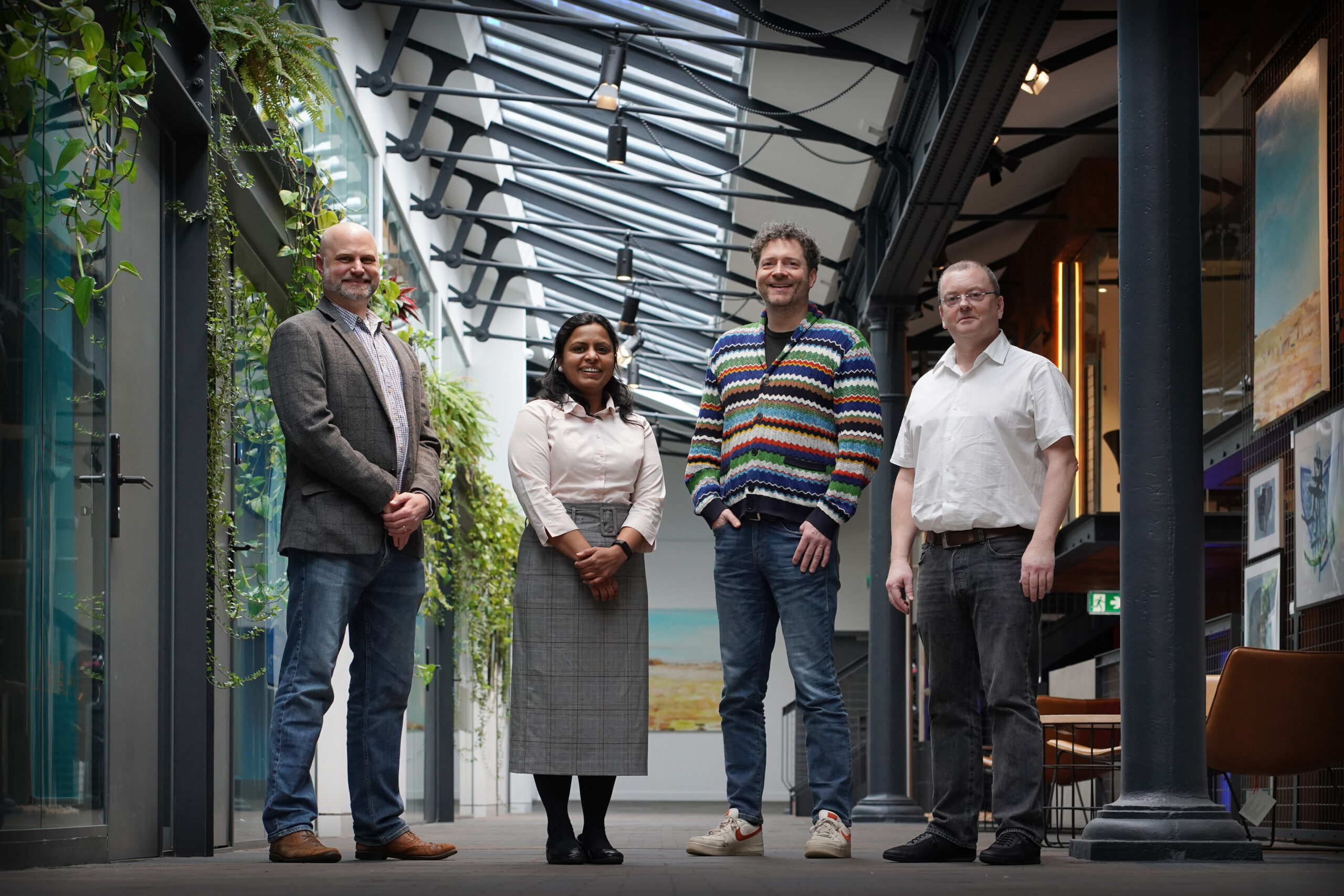
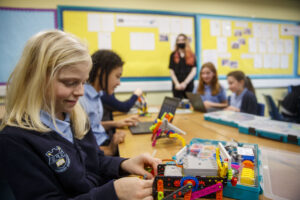 Chris van der Kuyl, Principal, Chroma Ventures, said: “Our investment in human talent must begin at an early age through primary and secondary, en route to colleges, universities, or apprenticeships. Extracurricular activities like those funded by Digital Xtra Fund play such an important role for young people on that pathway, especially for those who may not have computing opportunities in the classroom.”
Chris van der Kuyl, Principal, Chroma Ventures, said: “Our investment in human talent must begin at an early age through primary and secondary, en route to colleges, universities, or apprenticeships. Extracurricular activities like those funded by Digital Xtra Fund play such an important role for young people on that pathway, especially for those who may not have computing opportunities in the classroom.” Kraig Brown, Digital Xtra Fund’s Partnership and Development Manager said: “We are very excited to be able to offer this
Kraig Brown, Digital Xtra Fund’s Partnership and Development Manager said: “We are very excited to be able to offer this